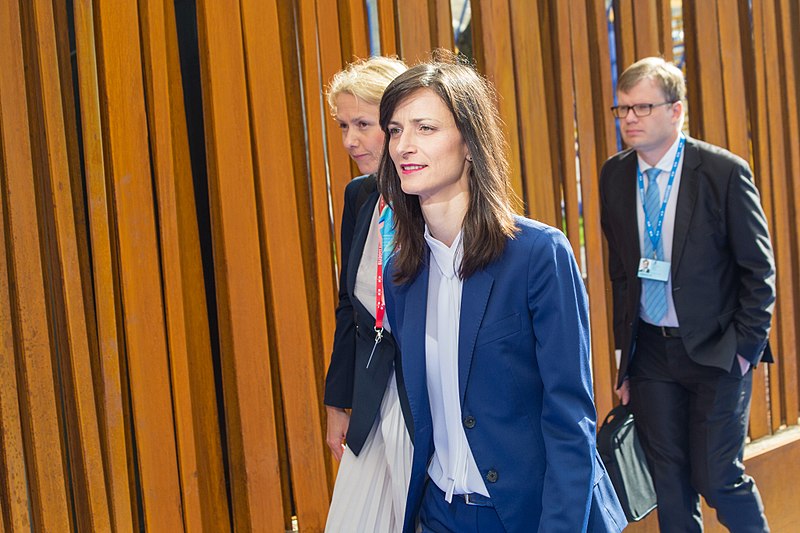
EU research commissioner Mariya Gabriel. Photo: Estonian Presidency/Wikimedia Commons
New Delhi: In its latest plans for a research-fund programme, the European Commission (EC) has placed restrictions on its closest research partners on several fronts.
The Horizon programme launched in 2018 and will provide funding to its members for the next 10 years. The project has already distributed grants worth GBP 150 million (Rs 1,517.75 crore) and will be spending GBP 1 billion over the next seven years.
According to a report by Science Business, non-EU member states like Switzerland and Israel will have less privileged access to Horizon Europe than before. For researchers from these countries to apply for European grants, the countries have to pay to be associated with EU funding programs.
After leaving the EU, the UK had negotiated access to European research funds in December 2020. Now, with this new proposal for the Horizon programme, the UK’s role in key EU projects will be downgraded, according to the report.
The proposal states that the European Economic Area countries of Norway, Iceland and Lichtenstein will be barred from space research calls, but remain eligible for quantum computing projects.
The proposed call will have to be approved by 27 EU members in the coming days. The national delegates can reject the draft calls proposed by the EC, according to a report by Science.
Nature reported in February 2021 that EU policymakers and the EC agreed to spend more than 3% of Horizon Europe money on increasing the participation of member states that win fewer grants.
John Morton, the director of University College London’s quantum science and technology institute, told Science Business, “It’s not clear how these barriers will serve the interest of the EU member states.”
Tilman Esslinger, a professor at the institute for quantum electronics at ETH Zurich, told Science Business, “I’m not really surprised by the proposed exclusion from a political point of view. Clearly quantum has gained geopolitical importance.”
Science quoted a Swiss government official saying that the EC gave no warnings that the proposal was coming, but a combination of Brexit and COVID-19 may have led to Europe guarding its technologies.
Also read: After the Crisis, Early Career Researchers Will Need a New ‘Business as Usual’
Science Business reported that French president Emmanuel Macron has been pushing for a “strategic autonomy” for Europe to act militarily without much reliance on its neighbours.
Tal David, head of Israel’s national quantum initiative, told Science Business, “Many quantum projects are not security related, anyway. There’s a lot of civilian applications in quantum sensing like sensors to measure volcano activity and tools to detect degenerative diseases.”
The restrictions, if approved, will affect GBP 170 million of funding in areas like quantum computing, satellite communication and space transport, according to Science.

